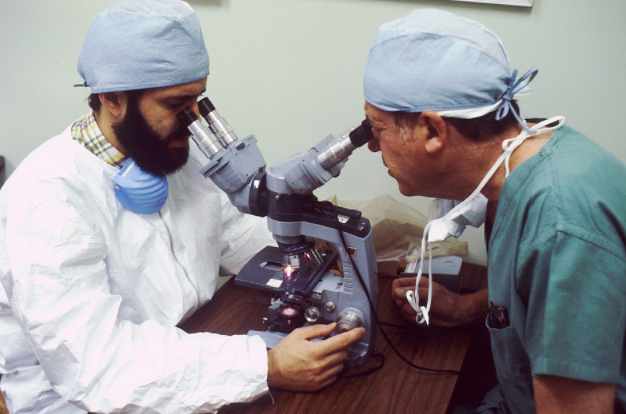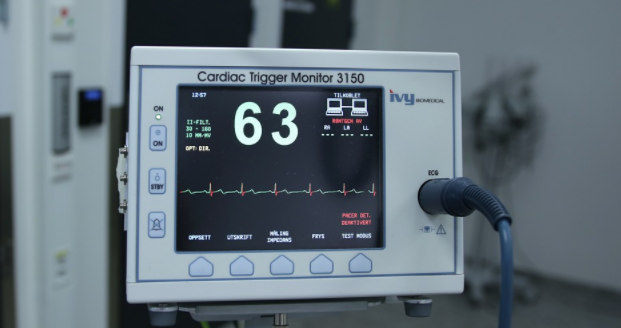Healthcare has taken very important steps that have redefined the way patients are treated, how data is collected, how research is conducted, and how physicians use new tools and find new and innovative approaches to the practice of medicine. According to a PwC Health Research Institute study, only 9 percent of hospitals were using EHRs 10 years ago; today, 90 percent are. You can read more about it at https://www.hospimedia.fr/actualite/articles/20150622-e-sante-developpement-et-installation-de-nouveaux-usages.

In the implementation of digital technology in healthcare, individuals’ collective funding has played a huge role in helping patients get the kind of perfect support they need to get perfect medical care. Many studies have shown the significant positive impact of implementing technology in the healthcare industry. The fact that there are a huge amount of satisfied patients also supports this. This is especially true for those patients with a disease like cancer who use machines that need to be greatly improved. Here are some of the ways that technology has greatly improved medical healthcare quality.
It Helps Provide Better Treatments, Equipment, and Medicine
 Technology brings many benefits to healthcare. Better devices have allowed doctors to provide more comprehensive care. It has led to better treatments, which have improved the quality of life for many people with long-term illnesses. Better medicine has made the stress of a life-threatening illness a thing of the past. Research has been rapid due to improved equipment.
Technology brings many benefits to healthcare. Better devices have allowed doctors to provide more comprehensive care. It has led to better treatments, which have improved the quality of life for many people with long-term illnesses. Better medicine has made the stress of a life-threatening illness a thing of the past. Research has been rapid due to improved equipment.
There is greater connectivity between doctors and researchers in healthcare. Technology has made it easier for doctors from different regions of the world to connect and share information. Several apps have been developed that allow physicians to post results and initiate conversations within their mobile devices. This saves all the time physicians spend contacting their colleagues. The technology has allowed researchers to find answers to some medical mysteries.
It Supports the Improvement in Relationship With Patients
Through technology, doctors can find a patient’s medical records. This gives them detailed medical information about a particular person. This can allow the doctor to provide personalized treatment to the person. In August, patient records were stored in hallways or stores, which results in a lot of paperwork and makes it difficult to find documents that are several years old. This makes the patient feel comfortable with the doctor because they know their entire health history.
It Gives Faster Results
It used to take weeks or even months to get health test results. You will most likely get the results as soon as the lab is finished with your sample along with advanced technology. Today, many hospitals and clinics offer online portals. This allows you to get your results in weeks or days. This is a great move because it puts pressure on individuals and gives them the answers they need. Online portals also allow individuals to access their past medical records, allowing them to keep track of appointments, health complications and billing.
Healthcare Facilities Can Reach Patients by Using Social Media
Facilities can take full advantage of social media platforms like Facebook to reach a broader population. Healthcare facilities, particularly hospitals, use social media to stay in touch with people, answer their questions, launch public awareness campaigns, and conduct community outreach. Many of these sites are complicated; they may allow instant chats with doctors and medical professionals about medical difficulties or perhaps remind people to get the studies and assessments they often need. Pharmaceutical companies can add value to their merchandise. As electronic health records become more widespread and information becomes more available, pharmaceutical companies find it easy to access more money to make decisions about their product development. How companies use this information depends on how they make a profit.




